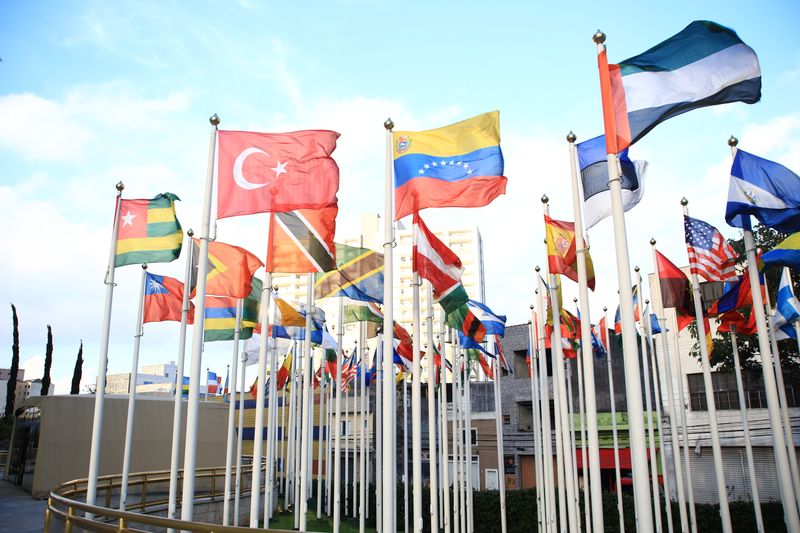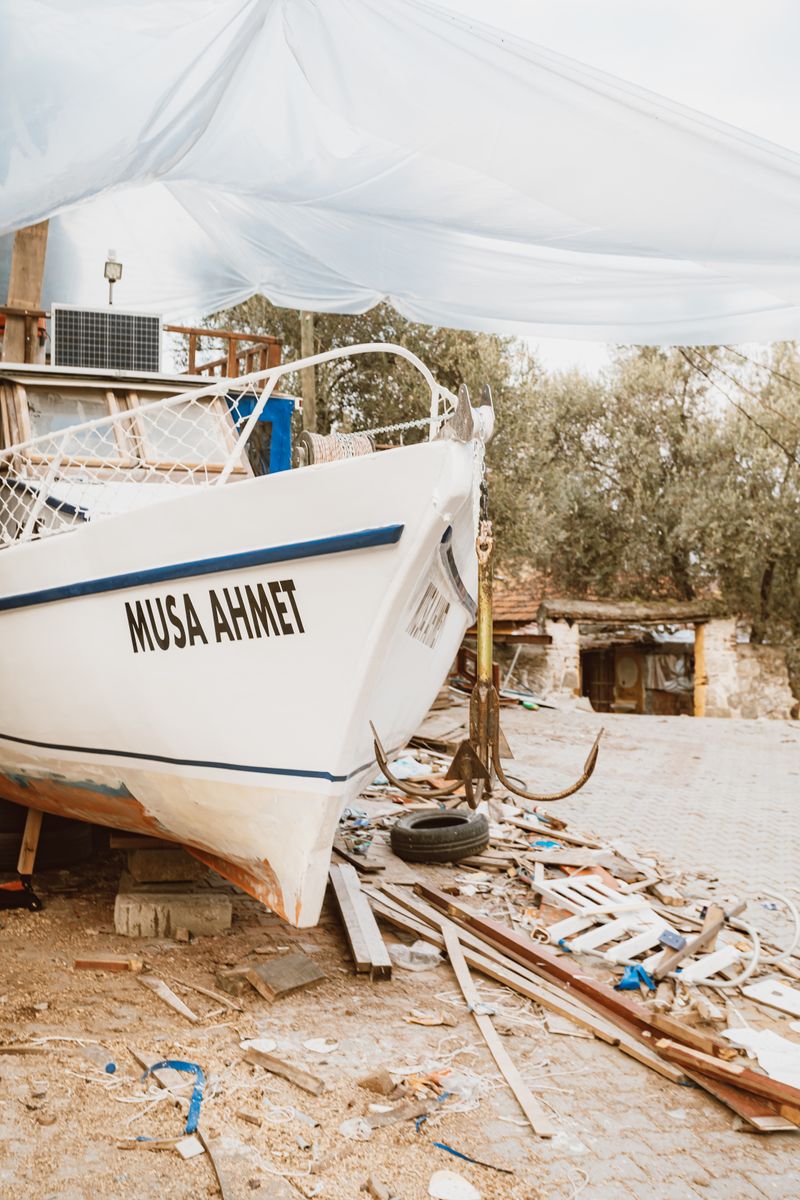Secretary General Arrives in Vilnius Ahead of NATO Summit, Meets with Lithuanian President
Strengthening Deterrence and Defence
Secretary General Jens Stoltenberg’s visit to Vilnius ahead of the NATO Summit is a crucial step towards furthering the alliance’s commitment to strengthening deterrence and defence in the face of evolving security threats. During his meeting with Lithuanian President Gitanas Nausėda, the Secretary General discussed final preparations for the summit, highlighting the major steps that will be taken to bolster NATO’s capabilities.
In order to send a clear message of readiness and resolve, three new regional plans have been developed, supported by 300,000 troops on high readiness. These plans, along with the implementation of major capabilities across all domains, aim to defend not only Lithuania but every inch of Allied territory. This demonstrates NATO’s unwavering commitment to collective defence and the protection of its member states.
Decisions on Ukraine
One of the key discussions at the NATO Summit will revolve around Ukraine. The Allies will make decisions on a multi-year package of assistance for Ukraine and explore upgraded political ties through a new NATO-Ukraine Council. Moreover, the Summit will also address Ukraine’s path towards NATO membership, a significant development that reflects the alliance’s commitment to supporting Ukraine’s sovereignty and territorial integrity.
Support for Ukraine will be further reinforced through a more ambitious defence investment pledge by the Allies. Building on nine consecutive years of defence spending, this year will see a rise of 8.3% in real terms, the largest increase in decades. This commitment underscores NATO’s solidarity and determination to counter the ongoing security challenges faced by Ukraine.
Engagement with Close Partners
In addition to discussions amongst NATO Allies, close partners such as the European Union, Australia, New Zealand, Japan, and South Korea will also be present at the summit. This highlights the importance of broader international collaboration in addressing global security threats and maintaining peace and stability.
The inclusion of Finland as a NATO Ally in this summit is significant, and the anticipation of Sweden joining in the near future further reinforces the alliance’s expansion in the region. These developments reflect the broader trend of NATO’s strategic outreach and its efforts to strengthen partnerships with like-minded nations.
Editorial: The Imperative of Solidarity
Defending Collective Security
The arrival of Secretary General Jens Stoltenberg in Vilnius ahead of the NATO Summit signals the alliance’s steadfast commitment to defending collective security. At a time when geopolitical tensions and emerging threats pose significant challenges, unity and solidarity among NATO Allies have become increasingly paramount.
The discussions on strengthening deterrence and defence, decision-making on Ukraine, and engagement with close partners demonstrate NATO’s proactive approach in ensuring the security and well-being of its member states. By bolstering capabilities, providing assistance to Ukraine, and fostering collaboration with partners, NATO aims to reinforce the principles of peace, stability, and democracy.
The Question of Expansion
The inclusion of Finland as a NATO Ally in this summit, along with the potential accession of Sweden, raises important questions about the expansion of the alliance. As NATO continues to evolve, the decision to expand its membership should be approached thoughtfully and strategically. Expansion should not be pursued for its own sake but rather as a means to strengthen the collective defence and security architecture of the alliance.
It is crucial to consider the implications of expansion on regional dynamics, the allocation of resources, and the balance of power. Any decision to expand NATO should be based on careful analysis, taking into account the potential benefits and risks associated with such a move.
Advice: Ensuring a Sustainable Defence Investment
Long-Term Commitment
The increase in defence spending by NATO Allies, with an 8.3% rise in real terms this year, demonstrates a clear commitment to the alliance’s collective defence. However, sustaining this level of investment over the long term is essential to effectively address emerging security challenges.
NATO member states must prioritize defence spending and ensure that the pledged investments are translated into tangible capabilities. This requires aligning national defence budgets with NATO’s goals and objectives, as well as actively engaging in cooperative defence projects and burden-sharing initiatives.
Enhancing Defence Innovation
In a rapidly evolving security landscape, investing in defence innovation is imperative. NATO member states should focus on fostering technological advancements and research within their own defence industries. By promoting collaboration and knowledge-sharing, the alliance can enhance its collective capabilities and adapt to emerging threats.
Furthermore, NATO should establish clear guidelines and mechanisms for encouraging and facilitating defence innovation among member states. This will promote efficiency, interoperability, and resilience within the alliance.
Engaging the Public
Maintaining public support for defence spending and NATO’s mission is crucial in ensuring sustainable investment. Member states should prioritize effective communication strategies and engage with the public to foster understanding and awareness of the alliance’s role in safeguarding security and promoting stability.
By highlighting the benefits of NATO membership and the critical role it plays in addressing common security challenges, member states can garner public support and secure sustainable funding for defence initiatives.
In conclusion, Secretary General Jens Stoltenberg’s visit to Vilnius ahead of the NATO Summit emphasizes the alliance’s unwavering commitment to strengthening deterrence and defence. The discussions on Ukraine, engagement with close partners, and potential expansion highlight the dynamism of NATO’s strategic approach. Member states must continue to prioritize defence investment and innovation while engaging the public to ensure sustainable and effective collective defence.

<< photo by fauxels >>
The image is for illustrative purposes only and does not depict the actual situation.




